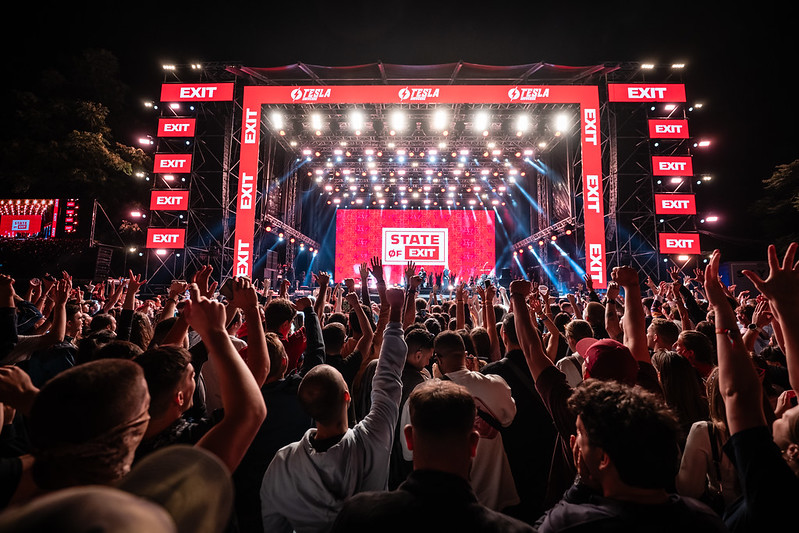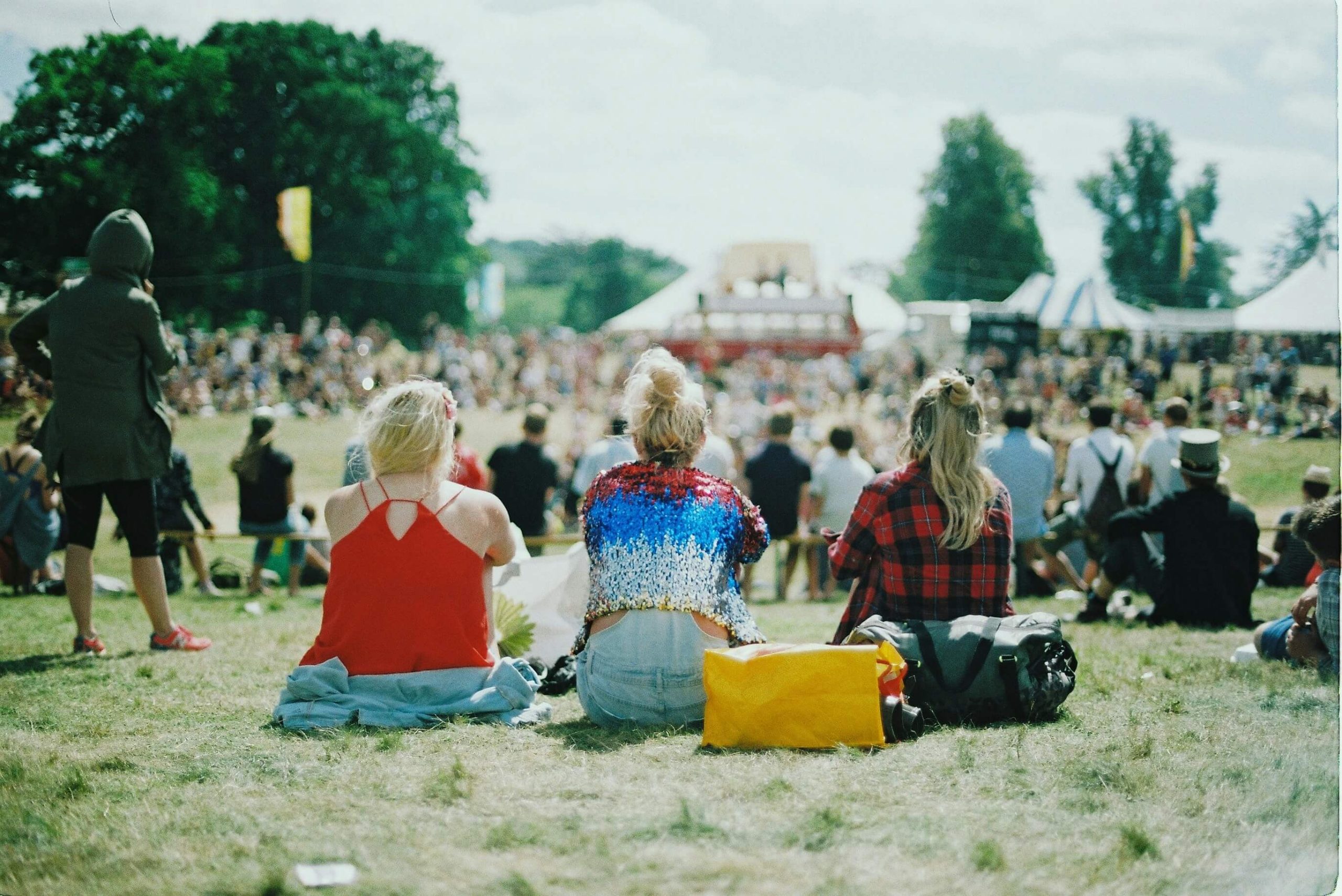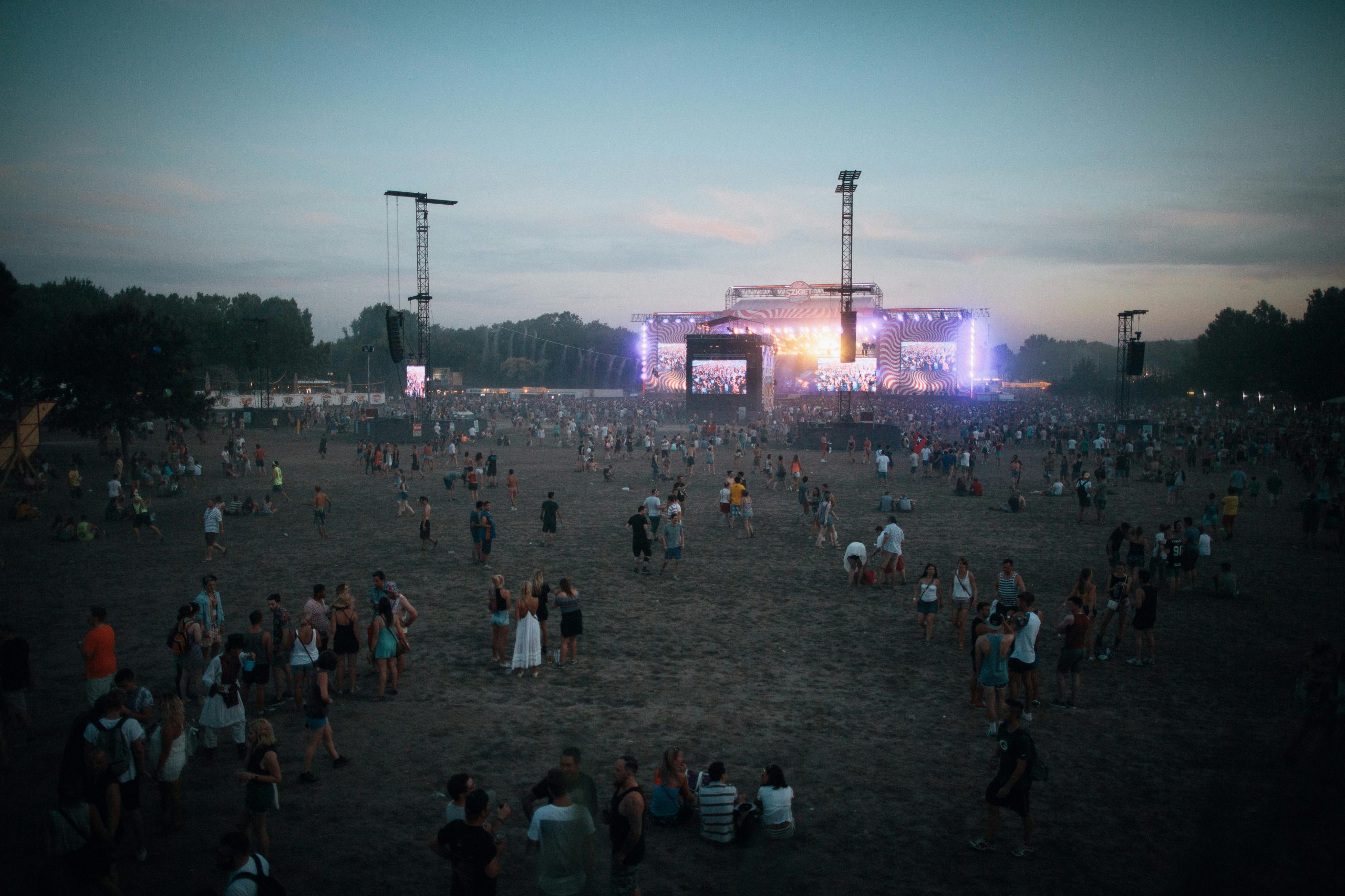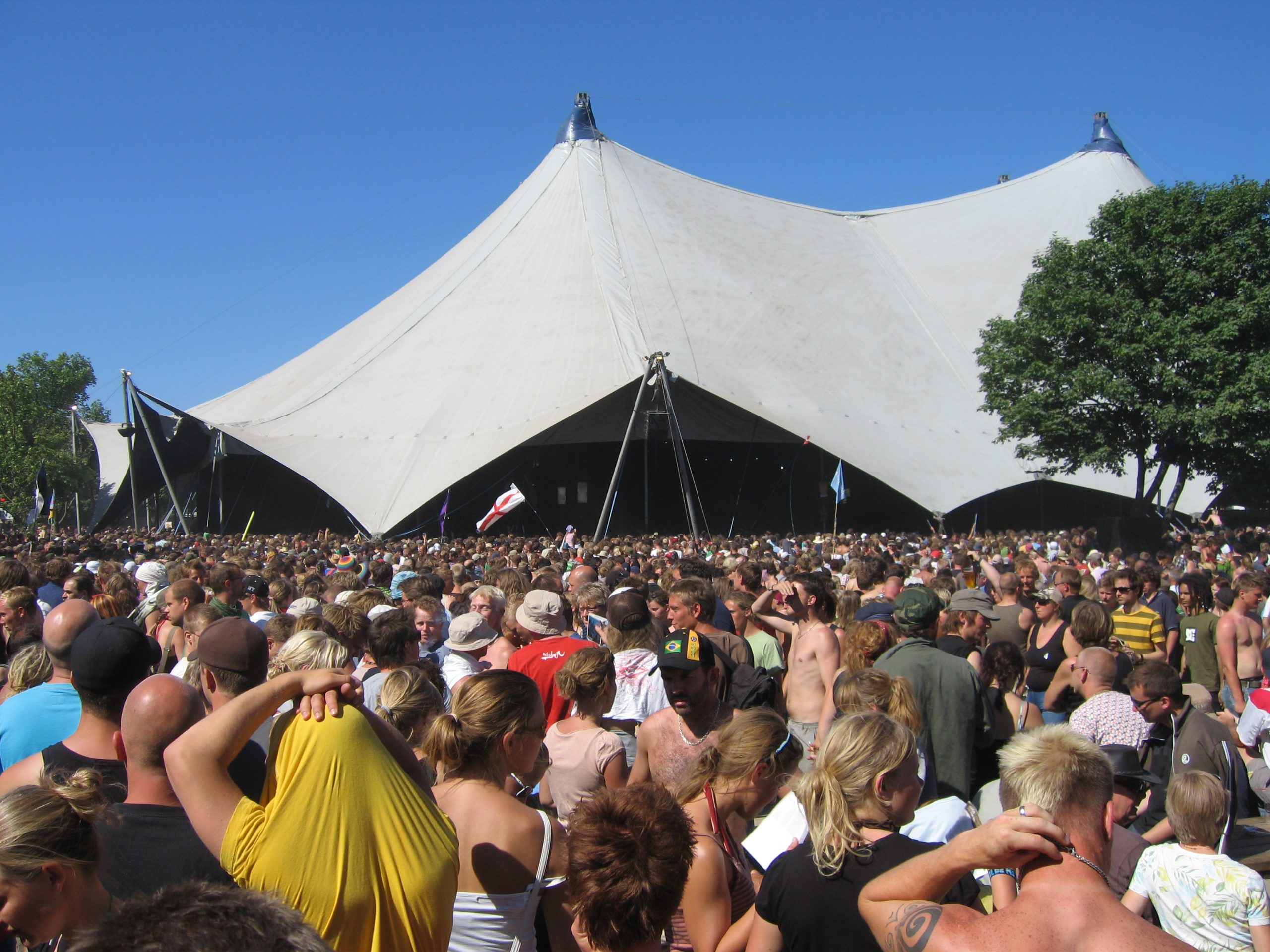The medieval origins of music festivals
But scratch that surface and you’ll find they’re never just about partying. From their roots in medieval carnival — where subjects revelled in masks, overturned norms and mocked the establishment — festivals have a long history of dissent and cultural impact.
In modern Europe, that legacy of dissidence still burns brightly. Behind the chart-topping lineups, influencer posts and multinational sponsorships, music festivals often have a fiercely political back-story, charged with meaning that’s often lost in modern pop culture discourse.
Festivals often reflect their political moment or resist it outright. From youth-led protests against dictatorship to movements for minority rights and artistic freedom, these gatherings have shaped and been shaped by the times.
This year, those political undercurrents came roaring back to the surface. As the summer festival season winds down and the tents are packed away till next year, 2025 will be remembered for a series of moments that pushed festivals beyond the music pages and into the heart of cultural and political debate. From on-stage protests to international boycotts, the season reminded us that the stage is still a space of resistance.
The following five festivals — from the fields of Somerset in England to the fortress walls of Novi Sad in Serbia — show how politics is still a massive part of the festival experience.
EXIT Festival (Serbia)
EXIT Festival takes place each summer in Novi Sad’s Petrovaradin Fortress, with stages sprawling from grand courtyards to a sunrise-lit Dance Arena in the old moat.
Then: Launched in 2000 as a 100-day student protest against Slobodan Milošević, it aimed to mobilise youth and demand change. After the dictator’s fall, the festival moved to the fortress in 2001, transforming into a symbol of Serbia’s new democratic spirit — and one of Europe’s leading music festivals. The festival grounds is officially declared a temporary “State of Exit” during the festival, and in earlier years (before digital wristband payments) EXIT had its own currency in coins that were created in the actual national mint of Serbia.
Now: In 2025, EXIT’s political legacy came full circle. After voicing support for anti-corruption protests earlier this year, organisers warned that the festival may have “go into exile” — maybe even relocating from Serbia altogether. Their statement cited state hostility, reduced funding, and a chilling environment for dissent.
Glastonbury (England)
Glastonbury is one of Europe’s most iconic and culturally revered music festivals. It’s held annually at Worthy Farm in Somerset, and is the ultimate rite-of-passage weekender for music fans, with hundreds of hours of coverage online and the UK state broadcaster, the BBC.
Then: Launching in 1970, Glastonbury’s roots lie in counterculture and anti-establishment ethos, drawing inspiration from free festivals and 1960s protest movements. Famously non-profit, over the years it has strongly promoted environmental issues, social justice issues and has had a long partnership with CND and numerous charities.
Now: Controversy erupted in 2025 when UK punk hip-hop duo Bob Vylan led chants of “Death to the IDF” during their set — triggering a police investigation and national media outcry. Meanwhile, Irish-language rap act Kneecap reignited political debate with pro-Palestinian slogans. Kneecap began their set by leading the crowds in chants of “F**k Keir Starmer,” after the UK Prime Minister had said it was “inappropriate” for Kneecap to play. Kneecap also countered with a social media statement: You know what’s ‘not appropriate” Keir? Arming a f***ing genocide,” referring to the UK’s support of Israel’s military campaign in Gaza.
Sziget (Hungary)
Then: Sziget was founded in 1993 in post-Communist Hungary, starting as a grassroots student protest against a cultural vacuum and a government that had been neglecting the arts. For decades it has been a symbol in Hungary of free speech and youth engagement. To this day, its tagline is “Island of freedom”.
Now: In 2025, Sziget became an unexpected flashpoint for political dissent. Thousands of festivalgoers joined in anti-government chants aimed at Viktor Orbán’s regime. The chants reflected mounting frustration with claimed attacks on democracy, and youth disillusionment in Hungary. Tensions peaked when Irish rap group Kneecap were banned from performing, but managed to broadcast a defiant late-night message on festival screens, accusing Orbán of censorship and backing Israel’s war on Gaza. The crowd erupted in boos and chants as the video ended with calls to oppose genocide and support Palestinian freedom.
Roskilde (Denmark)
Roskilde is Scandinavia’s biggest and most socially conscious festival — a week-long gathering of 130,000 people just outside Copenhagen. Every summer Roskilde becomes Denmark’s “third biggest city”, with a shared ethos music, activism and radical community.
Then: Roskilde was launched in 1971 by two students inspired by the counterculture movements of the era. The festival has grown into a fiercely independent, non-profit institution, channelling profits into humanitarian, environmental and cultural causes for over 50 years.
Now: In 2025, Roskilde’s activist roots took centre stage. Protest installations by Led By Donkeys (mocking Donald Trump, Elon Musk and UK right-wing politician Farage) featured prominently around the site, while performances and workshops tackled climate justice, refugee solidarity, and digital rights. When politicians questioned whether the festival had become “too political”, organisers were clear that this has been the defined mission statement from day one.





